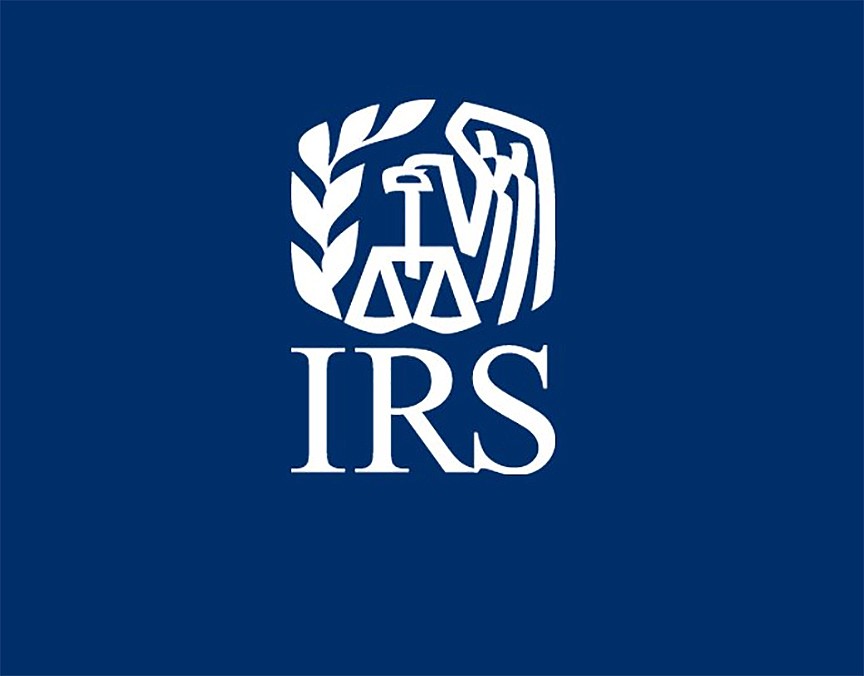
Kenyan Shondre Scott pleaded guilty March 2 in federal court in Jacksonville to aiding and assisting another person with the filing of a fraudulent tax return and to filing a fraudulent tax return on his own behalf.
He was indicted in March 2020 on 55 counts of aiding others to defraud and four counts of filing false personal returns for the tax years 2013 through 2017.
Scott could receive the maximum penalty of three years in federal prison on each charge in the plea agreement. He will pay $553,403 in restitution to the IRS for the tax loss caused by all of the offenses charged in the indictment, including those to which he did not plead guilty.
A sentencing date has not been set, according to a news release from the U.S. Attorney’s Office, Middle District of Florida.
Scott was the owner and operator of a tax return preparation business in Jacksonville. In preparing income tax returns for others, he reported false information to reduce the amount owed by, or to increase the amount refunded to, the taxpayers.
He then electronically filed the tax returns with the IRS, causing the government either to issue refunds when tax would have been owed, absent of the fraud, or for larger refunds to be otherwise issued.
Scott pleaded guilty to preparing and filing a fraudulent 2014 tax return for a client in which he represented that the taxpayer had a business with $425 in income and $4,552 in expenses, resulting in a purported business loss of $4,127, and he subtracted the business “loss” from the taxpayer’s gross income.
Scott also represented that the taxpayer was entitled to a general business credit of $2,850 and claimed this amount as a credit against the taxes owed by the taxpayer.
When Scott made the representations, he knew that the taxpayer was a wage-earning employee of a corporation and did not operate a business in 2014.
Based on the fraudulent return, the IRS issued a refund of $2,734 to the taxpayer. Without the false statements, the taxpayer would have owed additional tax of $738, meaning that the tax loss to the IRS was $3,472.
Scott was found to have prepared and filed a fraudulent 2014 tax return on his own behalf. He represented that his filing status was single, that he had earned wages, salaries and tips of $12,875, that he had net business income of $28,467, that he was entitled to a general business credit of $3,500, and that he had federal income tax withheld of $4,532.
Scott knew that his filing status should have been either married filing jointly or married filing separately, that he had not earned any wages, salaries, or tips, that he had a net business income of approximately $297,110, that he was not entitled to a general business credit, and that he had not had any federal income tax withheld.
After he filed the return, the IRS issued a $50 refund. In the absence of the false statements, Scott would have owed additional tax of $108,033, causing a tax loss to the IRS of $108,083.
The case was investigated by the Internal Revenue Service – Criminal Investigation. It was prosecuted by Assistant U.S. Attorney Arnold Corsmeier.